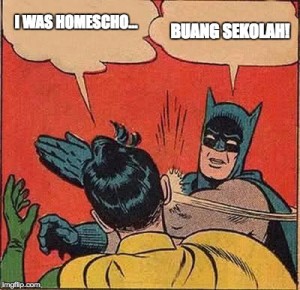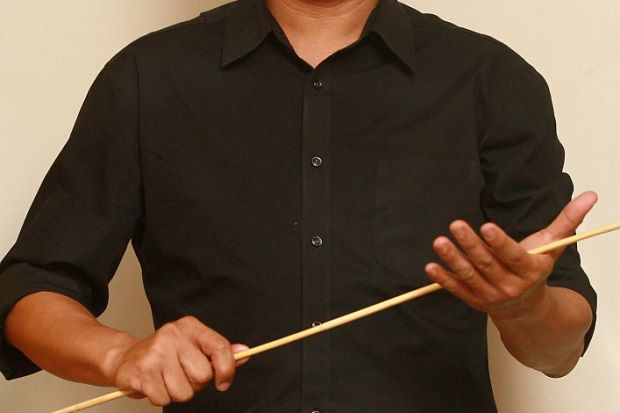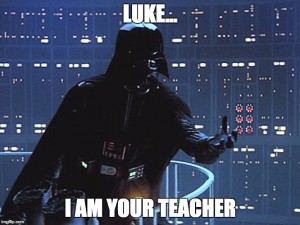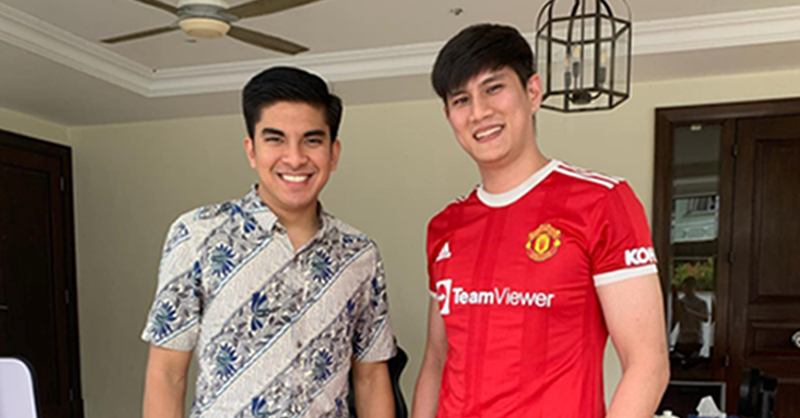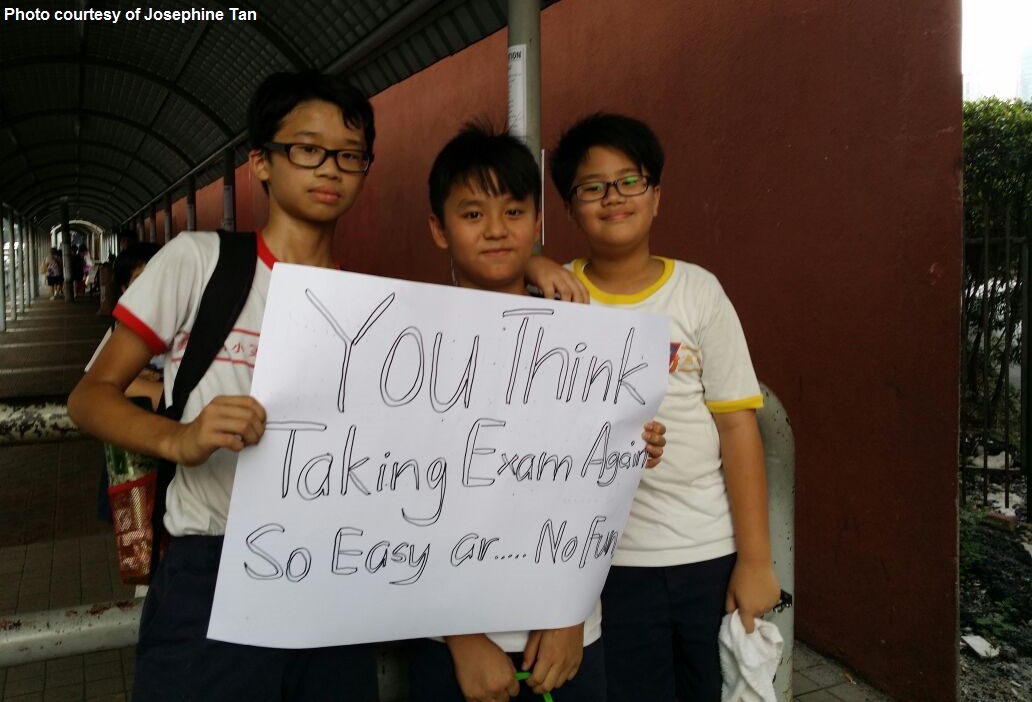Did being homeschooled for 7 years in Malaysia make me a weirdo?
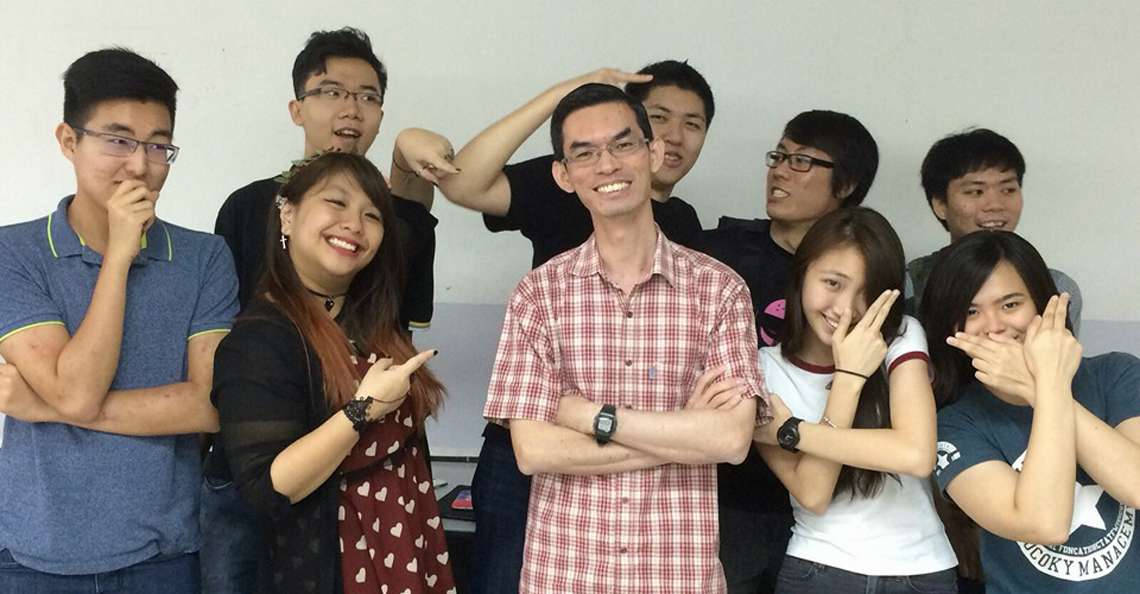
- 3.4KShares
- Facebook3.2K
- Twitter10
- LinkedIn21
- Email33
- WhatsApp116
Homeschoolers could be excellent animal communicators. I have no evidence for this, but with all the time they spend with animals at home and no friends, it might be true. (jokes)

Not many can say they’ve had the opportunity of being homeschooled in Malaysia, but I have. It’s likely that you (dear reader) attended either a public or private institution. Prestigious private schools seem to be more and more of a popular choice with parents these days, it’s kinda like adult Pokemon Go where you pay more to level up your kids faster.
- Doing ‘homework’ on the dining room table while your mum chops onions on the side
- Field trip = going to the morning market
- Best friend = your dog?
Maybe that’s why people think homeschoolers are awkward…

But in truth, homeschoolers are perfectly friendly and approachable. Many of them don’t even stay at home to study! You don’t believe me? Well… What if I told you that some homeschoolers… go to a school?
Listen up… I’m about to tell you the story of my homeschooling life … and no, we aren’t dog whisperers.
1. I wasn’t always homeschooled. I went to government school for 5 years, and then…
I went to a Chinese vernacular school and like any other youth probably, experienced some hiccups in my first year as a government school student. I faced problems with bullying, drifting off in class, and teachers complained that I asked too many questions, therefore assigning additional homework as a punishment.
When it got to the end of my second year, despite my good grades (I was in first place among the students in my year) I went on a rebellious streak and refused to do any of the homework assigned to me for the next six months. My parents found out, which led to an unhappy surprise…
But… it did lead them to question whether public school was the best place for me to be. My mom’s friend made a recommendation for me to join a homeschooling centre, and then it was just a process of getting a letter from my school principal acknowledging that the school knows I was leaving to pursue studies elsewhere.
I had a choice of going to a private school or homeschool, but private education can be expensive… With fees costing up to RM31,200 a year! (That’s RM85 a day, or one tank full of RON97 a day!) Which is why my parents opted to homeschool me instead… which is technically free right? And if free… who dowan?
And the first thing I found out about my new school was…
2. Homeschool centres can vary greatly in size.
The building itself had two and a half floors, and looked very much like a tuition center. Students sat in cubicles which were lined up in rows against the wall. Each cubicle was divided from half of a foldable table, only big enough to hold one student.
The first floor held a classroom of younger kids (about age 6-10), while the floor above had teenagers and pre-teens (11-17). The classes were segregated by levels (grades) based on the curicculum. The smarter you were, the faster you move up. Therefore, slower students were stuck in the bottom class forever.

This is ‘structured homeschooling’, where the student follows a syllabus that’s divided into grades just like a school. Many centres apply this method as well as providing a group and classroom setting, marrying some of the benefits each from private, public, and home education!
We changed buildings a few times, but it was only moving from shoplot to shoplot. We never had a separate building or campus (we wish) of our own. The staff size was also quite small… In total: we had only 3 teachers, 1 admin staff, and 1 principal to oversee 60 students.

3. Self-Study? Teacher-guided? Not every centre is the same.
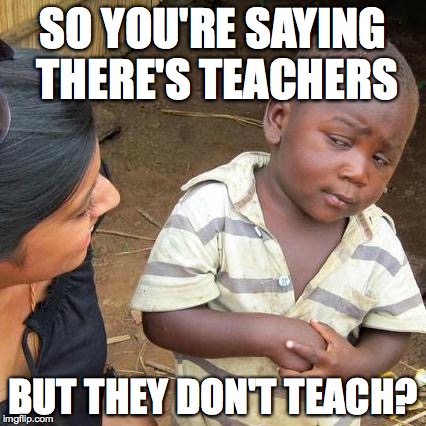
In the homeschool centre I attended, the teacher would only step in when we faced difficulty. We read our textbooks on our own and filled in answers for questions, and also checked our answers against an answer key . In effect, we were studying on our own.
The syllabus we used was called Lifepac by AOP, and contained American history, geography, maths, and science as well as English. It means we got to learn about George Washington, the Great Depression, the Boston Tea Party… Our English subject was also unique in that it went in-depth into poetry, and we learned about limericks and couplets etc. (which you don’t find in public school)
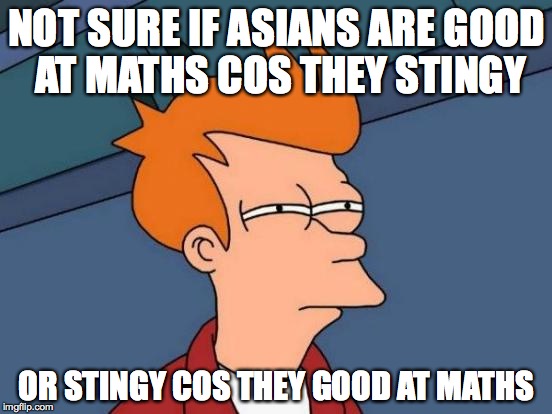
Because ours was a Christian centre, there were some differences from other centres. For example, we had an additional Bible subject, as well as weekly chapel sessions. We also prayed before our meals and for a safe journey during our annual school camp and on field trips, and sang praises in the morning.
To be clear, we were encouraged to participate in the Christian activities, but never forced to.
Serving on the camp worship team was how some of us got our first chance to learn instruments like guitar, drum, and keyboard, or singing. The centre even has an annual talent competition for students.
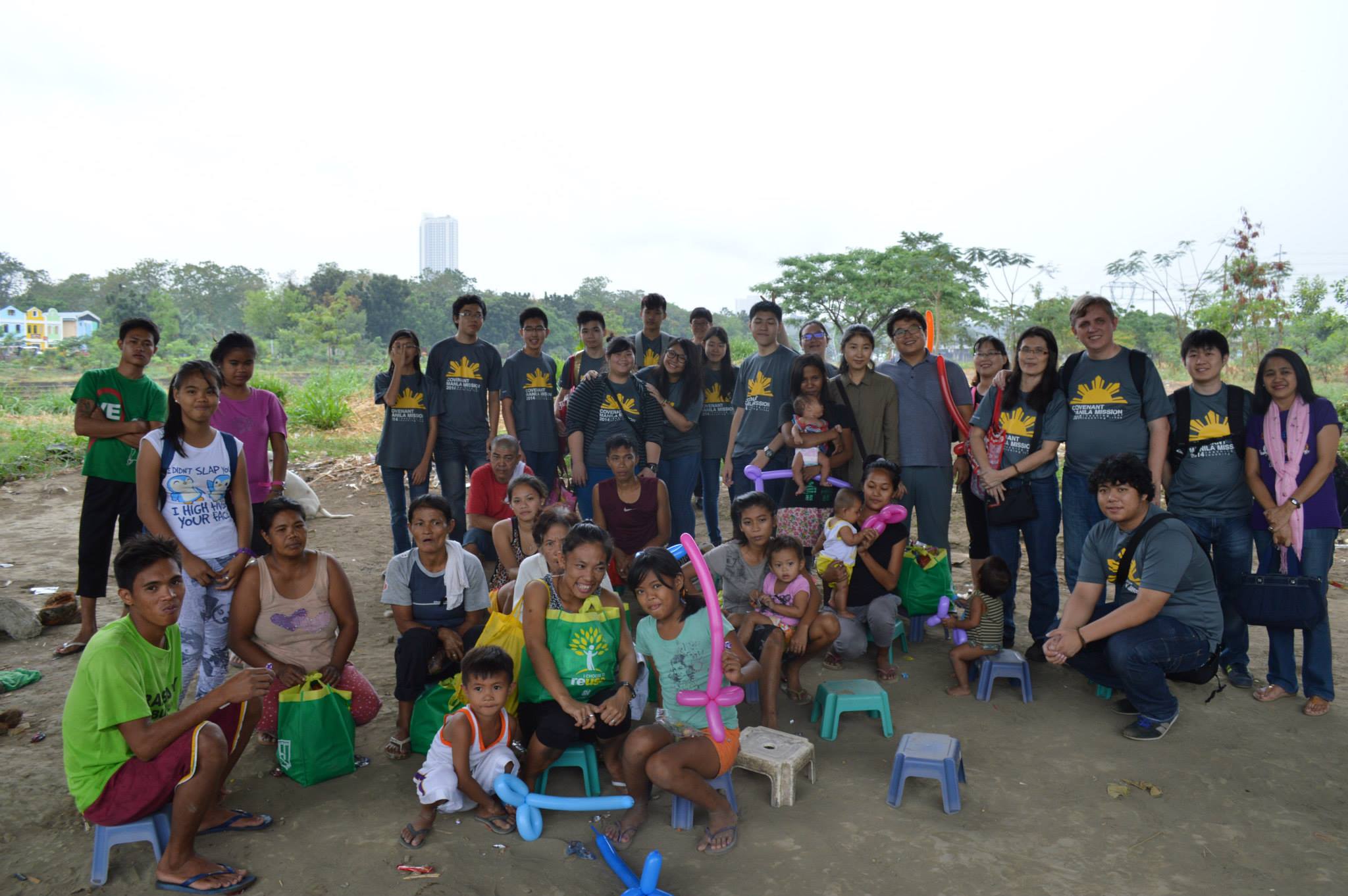
I also had the opportunity to go on mission trips to places like Cambodia and Philippines, which gave me and my fellow students our first look at real poverty. We each had a newfound appreciation for what we had after we came back.
Finally, just like most schools, we had educational field trips (not just to the Yakult factory) and an annual sports day. We would rent a nearby hall for our very own badminton tournament, and had other activities like treasure hunt (our version of The Amazing Race).
4. Our teachers came from all walks of life… And they were the coolest.
Some of our teachers had teaching experience from the education industry, while some were pastors, former clerks, etc.
My most memorable first teacher at the centre always had a military air about her.

She was strict. Come to school even a minute late and you would be rewarded with pushups. If your hair or nails were too long, also kena. If your enthusiasm was not showing or you dare misbehave during any school activity… You can bet that she’ll remember you. Whack!
She had her own brand of tough love that came from straight from the parade grounds. It was only later that we found out she was one of the founders of the 10th KL Company Boys Brigade, with the rank of lieutenant! No wonder she was stern…
It was cool to have teachers from different backgrounds rather than all from the same background, because they would also tell us stories and experiences from their past experience.
For example, our teacher who was a clerk taught us how to prioritise tasks. Pastors taught us the importance of forgiveness. Our former teacher (the first one I mentioned) taught us leadership lessons, which came in very handy in college.
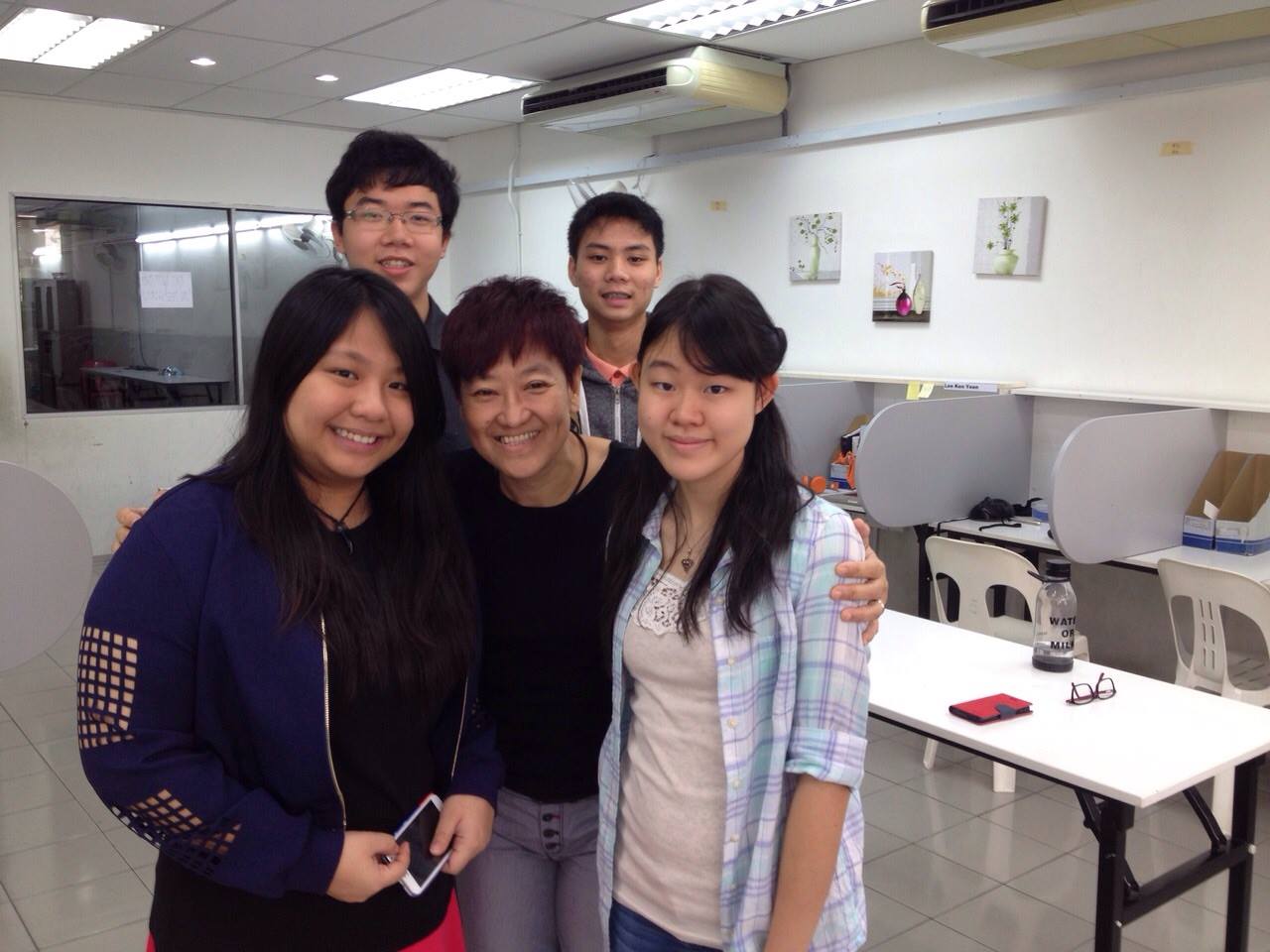
5. Homeschoolers are not the most normal… or the most well-behaved students
Many of us were just as restless, rebellious, and expressive as students from any school. Some of us were genuinely weird (like me), while some simply chose to be more “creative” than the rest. Fights, rough-housing and sometimes bullying were normal and occasional. There were harmless pranks being pulled all the time, mostly tame stuff like hiding shoes or switching the cream in oreos to toothpaste.

Adding to the perception that homeschoolers can be more than a little strange… Some of our friends were autistic or had learning disabilities such as dyslexia. The centre became known for accepting special-needs students through word-of-mouth, though it was never the intention, according to former teacher Mag.
There’s an ongoing debate about whether special-needs children should be seperated (segregation) from non-special-needs children or put together in the same classes (integration/inclusion). Most of the sites I’ve read seem to advocate the latter. Our centre practiced inclusion, which meant not only including them in the classes but also making sure to enable their treatment as equal value human beings.
Personally, after 7 years of growing up alongside them, I can see that they do perform well in a pro-inclusion environment. Some of them even outperformed regular students academically. One dyslexic student from my school has completed a Bachelor’s degree in design from Florence, Italy, and is currently doing Culinary Arts in Australia.
6. Instant cup noodles were a prized commodity… and we had a black market for it.

For young me, eating was one of the greatest fundamental pleasures of life (it still is for older me). But most of us only got a cold sandwich or a bunch of fruits in our packed lunches. There was no cafeteria. If your mom loved you, she would have packed you fried rice.The luckier ones had fried rice or microwaveable mac & cheese in a neat little Tupperware.
In an air-conditioned school, hot food was a prized commodity. People would trade or straight up pay to have your fried rice. But the holy grail of recess food was the instant cup noodle. It’s hot, it’s delicious, it’s soupy. You could trade it for favors (“let me copy your homework”), or for cash (each cup had a street value of RM2). In fact, at one point consumption of instant noodles was so widespread the teachers had to ban it.
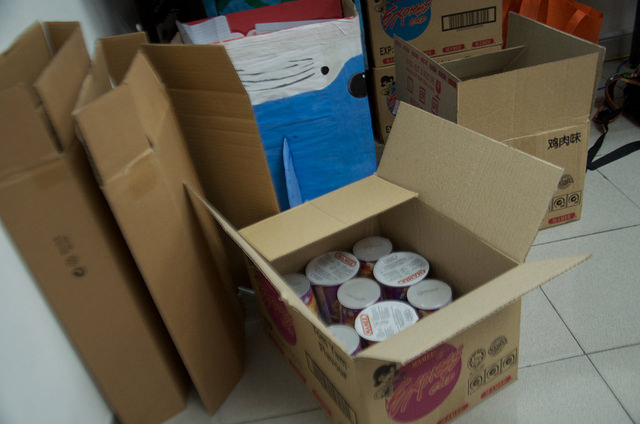
But the demand for cup noodles was so strong that it created its own black market within the school itself. Some students wised up and brought in boxes of instant cup noodles to sell. Prices can surge till up to RM5 for a cup noodle!
“‘They’ll kill for it’: Ramen has become the black-market currency in American prisons” – Washington Post
So… is homeschool better than public school?
According to a report by the Fraser Institute, a Canadian think tank, Canadian parents have been homeschooling their kids for at least 40 years… or since 1975. The same report mentions homeschoolers have been found to score much higher than average in reading, language, and maths.
However, it does mention that some homeschooled families may have parents that are not equipped to teach or do not have the time to spend with their kids for proper homeschooling.
Widener Law Review, a student-run scholarly journal that focuses on legal issues, wrote a report on whether states in US should ban homeschooling. It mentioned that homeschoolers succeed academically, are well socialised, and are “active leaders and community participants, as well as desirable employees”.
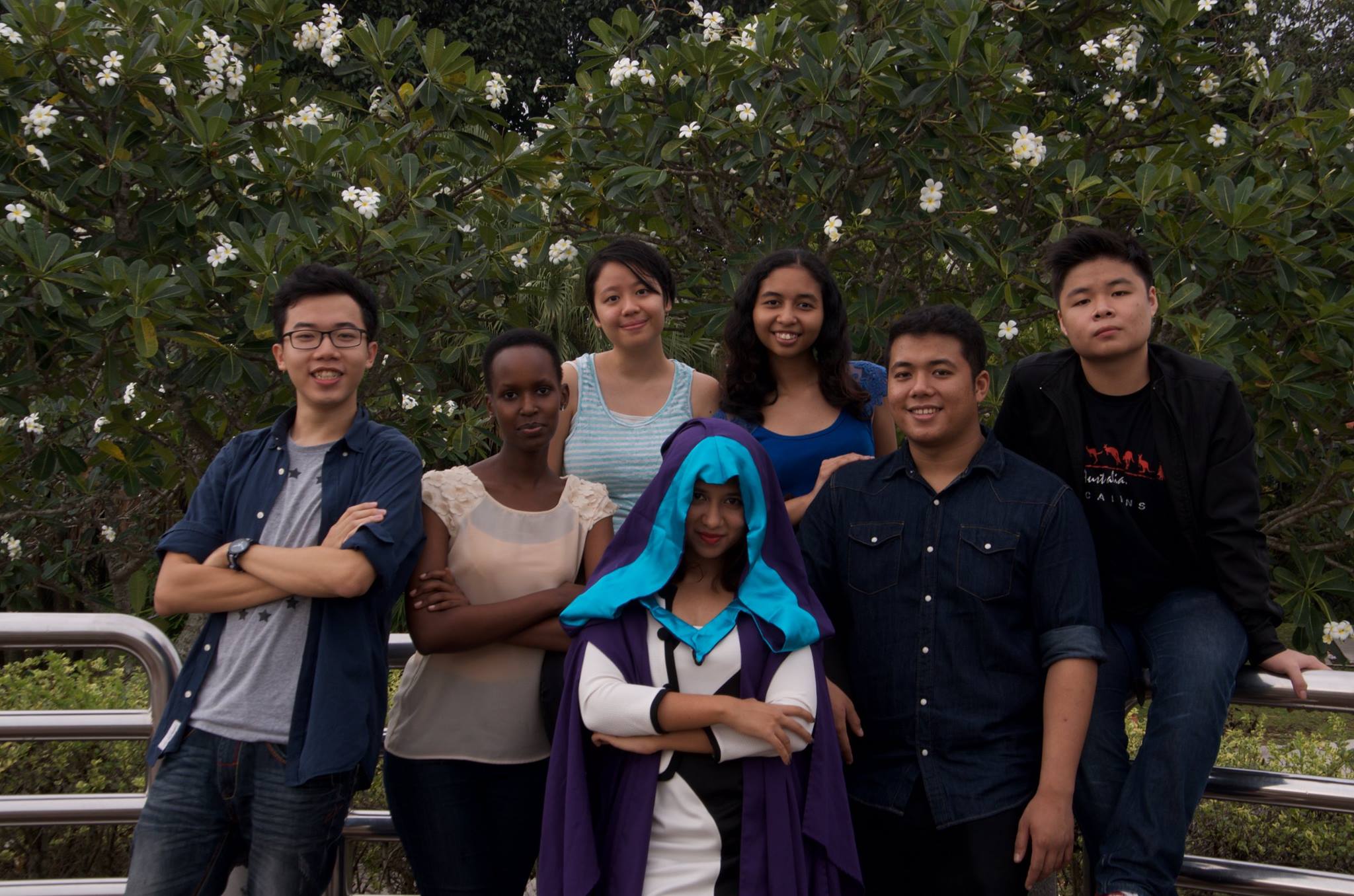
So, am I weird? I don’t think so. So far I’ve had plenty of success in making friends in and out of college, and I seem pretty normal at first glance. I’ve even got a job writing for Cilisos now which is something I’ve wanted to do for a long time.
- 3.4KShares
- Facebook3.2K
- Twitter10
- LinkedIn21
- Email33
- WhatsApp116

